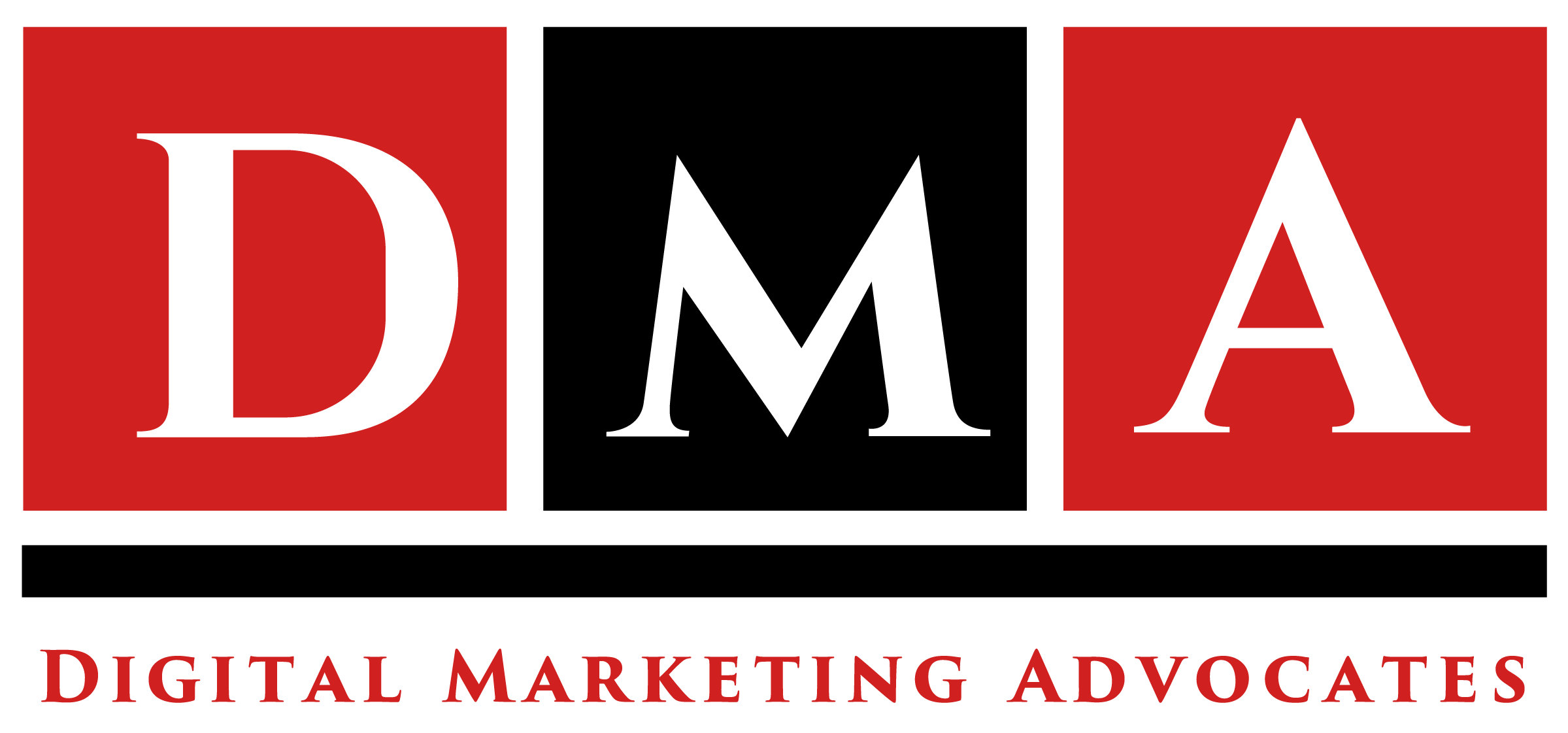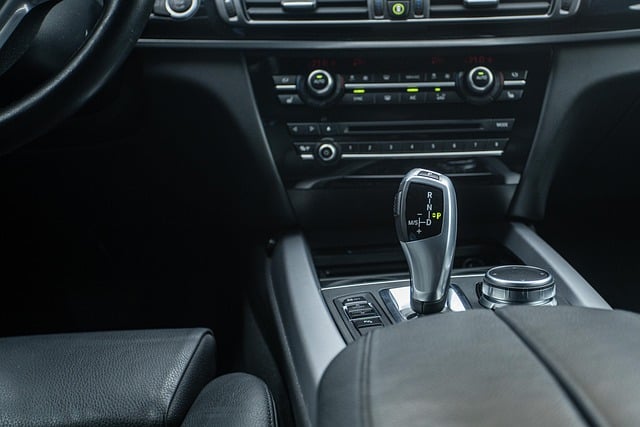The automotive industry, a cornerstone of the global economy, is undergoing a profound transformation. This shift is driven by evolving consumer behaviors, technological advancements, and the increasing prominence of digital channels. As traditional marketing methods lose their efficacy, digital marketing has emerged as a critical tool for car sales, offering innovative ways to engage potential buyers, enhance customer experiences, and drive sales growth. This article explores the importance and impact of digital marketing in car sales.
The Digital Landscape of Car Sales
With the internet becoming a central hub for information and commerce, car buyers are increasingly turning to online resources to research and purchase vehicles. A recent study revealed that over 90% of car buyers begin their journey online, using search engines, social media, and automotive websites to gather information. This trend underscores the necessity for car dealerships and manufacturers to establish a strong digital presence.
Key Components of Digital Marketing in Car Sales
- Search Engine Optimization (SEO)SEO is vital for ensuring that a car dealership’s website ranks high in search engine results. By optimizing website content with relevant keywords, dealerships can attract more organic traffic. Effective SEO strategies include creating high-quality content, optimizing meta tags, and ensuring mobile-friendliness. An optimized website not only improves visibility but also enhances the user experience, making it easier for potential buyers to find the information they need.
- Pay-Per-Click (PPC) AdvertisingPPC advertising allows car dealerships to target specific keywords and demographics, ensuring their ads are seen by the right audience. Platforms like Google Ads and Bing Ads enable dealerships to create targeted campaigns that appear in search results and on partner websites. This targeted approach increases the likelihood of attracting interested buyers and provides measurable results through metrics like click-through rates and conversion rates.
- Social Media MarketingSocial media platforms such as Facebook, Instagram, and Twitter offer powerful tools for engaging with potential buyers. Dealerships can use these platforms to showcase new models, share customer testimonials, and run targeted ad campaigns. Social media also facilitates direct interaction with customers, allowing for real-time responses to inquiries and feedback. This engagement helps build a loyal community and enhances brand visibility.
- Content MarketingContent marketing involves creating and sharing valuable content to attract and engage a target audience. For car dealerships, this can include blog posts, video reviews, infographics, and eBooks. High-quality content helps establish the dealership as an authority in the automotive industry, providing valuable information that can guide buyers through their decision-making process. Content marketing also supports SEO efforts by driving organic traffic to the dealership’s website.
- Email MarketingEmail marketing remains a powerful tool for nurturing leads and maintaining customer relationships. Dealerships can use email campaigns to send personalized offers, newsletters, and updates to their subscribers. By segmenting their email lists based on customer preferences and behavior, dealerships can deliver tailored content that resonates with recipients, thereby increasing engagement and conversion rates.
Benefits of Digital Marketing in Car Sales
- Increased Reach and VisibilityDigital marketing allows car dealerships to reach a global audience. Unlike traditional marketing methods, which are often limited by geographic boundaries, digital marketing can target potential buyers anywhere in the world. This expanded reach increases the likelihood of attracting a diverse customer base.
- Enhanced Targeting and PersonalizationDigital marketing tools enable precise targeting based on demographics, interests, and online behavior. This level of granularity ensures that marketing efforts are directed at individuals who are most likely to convert into buyers. Personalization further enhances the effectiveness of digital campaigns by delivering relevant content to each segment of the audience.
- Cost-EffectivenessDigital marketing offers a higher return on investment (ROI) compared to traditional marketing methods. PPC campaigns, for example, allow dealerships to set their budget and pay only when users click on their ads. Social media marketing and content marketing are also cost-effective strategies that can generate significant engagement and leads with minimal expenditure.
- Measurable ResultsOne of the most significant advantages of digital marketing is the ability to track and measure results. Analytics tools provide insights into various metrics, such as website traffic, click-through rates, conversion rates, and customer engagement. These insights enable dealerships to assess the performance of their campaigns and make data-driven decisions to optimize their strategies.
- Building Trust and LoyaltyDigital marketing helps build trust and loyalty by fostering transparent and authentic communication with customers. Engaging content, responsive social media interactions, and personalized email campaigns contribute to a positive brand image. Satisfied customers are more likely to return for future purchases and recommend the dealership to others, creating a virtuous cycle of trust and loyalty.
Embracing the Future
The automotive industry is rapidly evolving, and digital marketing is at the forefront of this transformation. To remain competitive, car dealerships and manufacturers must embrace digital marketing strategies that align with changing consumer behaviors and technological advancements. By leveraging the power of SEO, PPC advertising, social media, content marketing, and email marketing, the automotive industry can drive growth, enhance customer experiences, and secure a prosperous future in the digital age.
In conclusion, digital marketing is not just a supplementary tool for car sales; it is a fundamental component of a successful automotive sales strategy. As the industry continues to navigate the digital landscape, those who effectively harness the power of digital marketing will be well-positioned to lead the way.
4o

